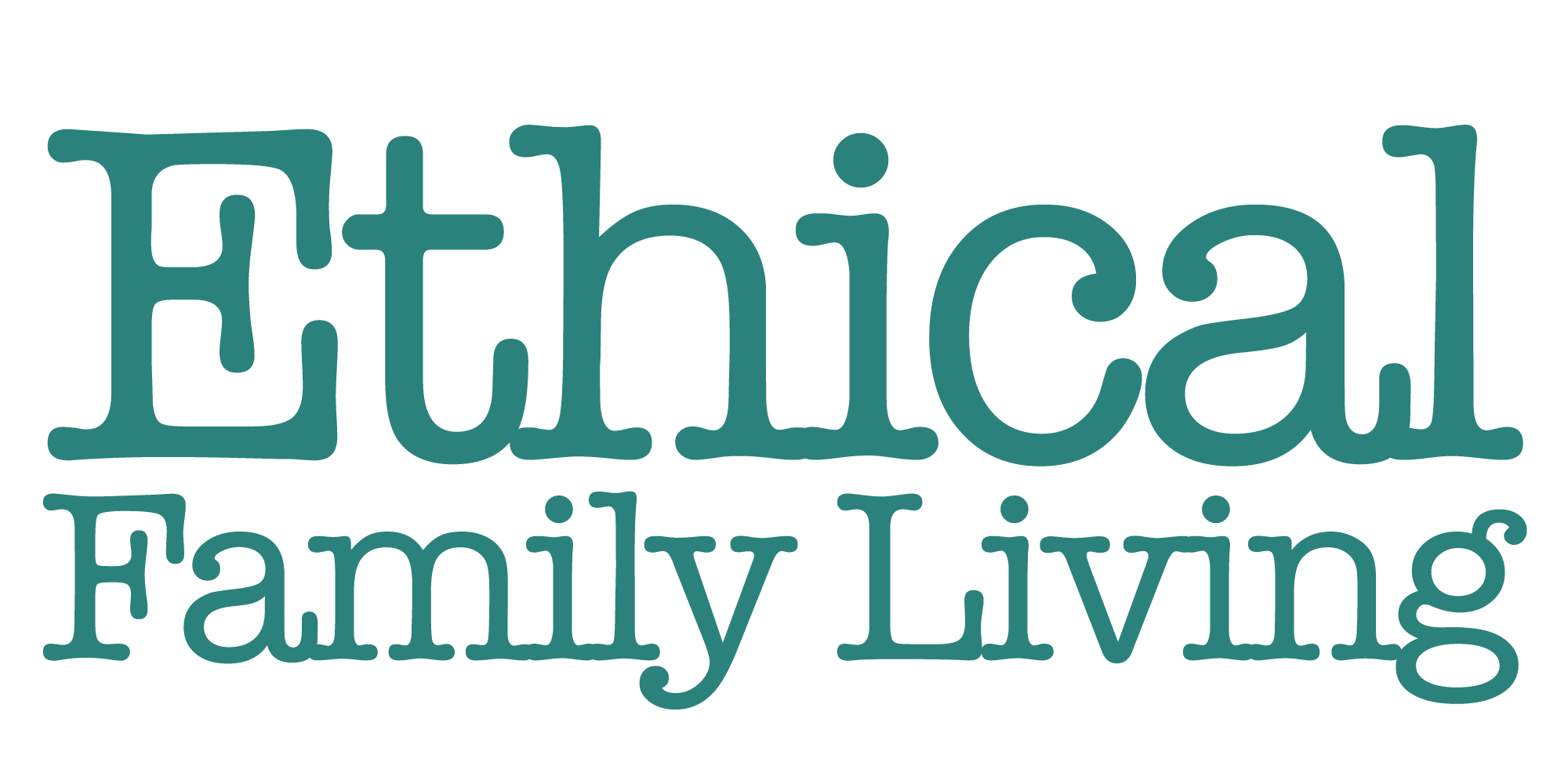We are an ethical company, and that’s reflected in our name. We believe that ethical business practices extend beyond environmental considerations and encompass every decision a company makes.
In the business world, there are many temptations to take shortcuts in areas like fiscal and legal compliance, information security, privacy, and customer data protection. However, our ethical principles guide us to resist these temptations and ensure that we do everything correctly, prioritizing our customers’ interests while adhering to relevant legislation.
When we founded Ethical Family Living, we recognized the importance of online security and data protection. Our first decision was to assess where our customers’ data and email addresses might be stored or used.
We decided against maintaining a mailing list for a newsletter. We weighed the responsibility of storing so many private email addresses against the perceived low success of mailshots. To avoid harvesting emails for marketing purposes, we felt more comfortable not doing so. Sorry, MailChimp! But hey, isn’t that what social media is for?
And speaking of social media, we don’t connect our contact lists or upload our customers’ email addresses to social networks. And we believe that everyone else should do the same.
For online purchases, the little padlock icon in the browser’s address bar indicates that payments are secure over SSL. We use reputable payment providers like Stripe, Klarna, Apple Pay, and Google Pay to process card transactions. These providers handle the payments on their own servers (an iframe or a popup window on our site), ensuring that we never have access to your payment details or card number. If we don’t have it, we can’t lose it.
Many companies that handle high volumes of online sales have incredibly useful software that automatically downloads their sales data from their web store to their accounting program, significantly reducing the time spent with their bookkeepers or accountants. From my personal experience working at other companies, I can confidently say that all sales data, including the customer’s full name, billing address, delivery address, email, and of course the purchase details, is likely being downloaded by default from the shopping cart to their accounting program. Is this a cause for concern?
In our interpretation of the GDPR, the principle is that if you don’t require it, you shouldn’t store it. Therefore, the question arises: do we need to store our customers’ email addresses or delivery addresses in our accounting program?
HMRC in the UK has provided guidance on operating with “simplified invoices,” which are essentially anonymous till receipts from high street stores. After extensive consultations, we decided to implement a policy for our B2C online sales, where we would only save our customers’ delivery countries in the accounting program.
This means that neither our accountants, the tax authorities, the company that maintains the accounting software, nor anyone else with access to our accounting program will have access to any of our customers’ personal data. This approach is safer for our customers’ data than downloading unnecessary information and attempting to keep it secure. Simply don’t download it.
We recognize that we are not alone in prioritizing our customers’ privacy. Most businesses share this commitment. The message is that being an ethical company involves acknowledging that people are more important than profits. We treat our customers’ concerns with dignity and apply a lot of “what if it were me” thinking to our decision-making process, ensuring transparency in all our actions.

For two decades David has been the owner and director of several marketing and distribution companies. During this time he has learned the indisputable benefits of looking after customers, colleagues, workers, suppliers and the local community, treating them all as respected stakeholders in a common project. Recently he consolidated his personal beliefs and business ethics by founding the Natural Intimacy brand and developing it as an Ethical Company.




